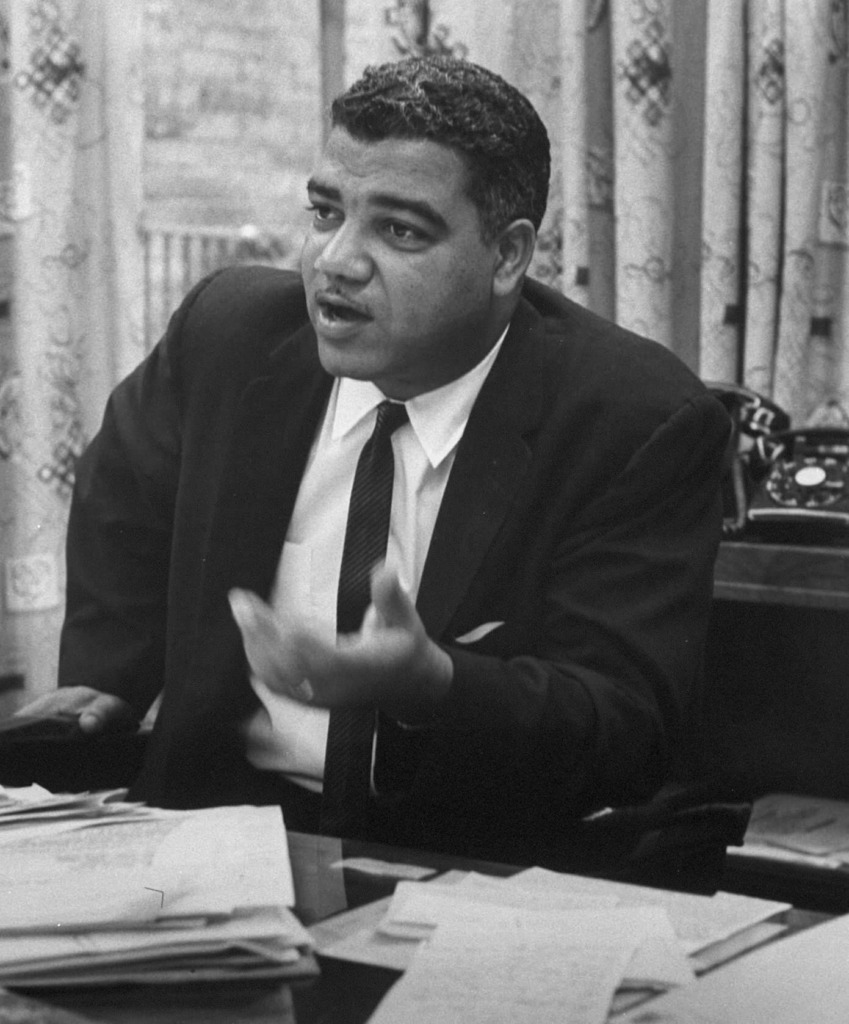Each submission gets timestamped with EST time and gets a unique identifier
assigned, example:
S10056


Story by: Tiffany Brown
In the midst of a global health pandemic, another pandemic is shaking up our country as the world watches: Systemic racism has been centuries in the making, but recent acts of police brutality have brought it to the forefront. As the voiceless act out in rage, those with a voice—including architects, creators of the built environment—are frantically seeking to end the sickness in our society, once and for all.
Calls to defund the police have been met with outcries. Though such measures require time and a democratic process that includes all citizens of this country, I view reducing police funding as more like reimbursing our communities—freeing up resources for programs that may promote reconciliation, collaboration, or something that we have yet to dream of.
Did we ever consider the impact of defunding state and national parks, environmental protections, or even the U.S. Postal Service? As a student of Detroit Public Schools, I watched as all art programs were defunded midway through my middle school years. Did anyone think about how that would affect the future of youth in those programs?
American culture has a long history deeply rooted in the design of inequitable practices and institutional systems of oppression. Together, as individuals, let’s begin to explore and dismantle the barriers set in place so long ago. Let’s commit to rebuilding equitable structures at all levels. Society must invest in community, arts, and leadership education for every person, every child. We must begin to enact and navigate the monumental change that is necessary. And it starts from within. I view reducing police funding as more like reimbursing our communities—freeing up resources for programs that may promote reconciliation, collaboration, or something that we have yet to dream of.

In his keynote speech at the 1968 AIA Convention, Whitney M. Young Jr. rightly laid out why change would require an integrated approach: “The crisis is not in our cities, ladies and gentlemen. The crisis is in our hearts, the kind of human beings we are. And I submit to you that if you are a mother or a father you are today being challenged either silently by young people or you will be challenged even more violently by them, but you are risking the respect of generations not yet adults and generations yet unborn.”
I am among the generations that Young warned would come. Like many others, I was affected by the discriminatory urban renewal efforts of Robert Moses that seeped into the policies and procedures of our profession nationwide. I grew up in an environment that was an incubator for drugs and crime, physically and subliminally caged in by a black wrought iron fence. I am a survivor of racist city planning.
My generation has our work cut out for us. We must put systems in place that will help diversify the talent pool and, in turn, the leaders in the profession.
To my fellow designers—especially those with the agency to make change—I ask you to engage now. Ask how you can be a part of the change. Ask what you can do with and for your colleagues, clients, and peers of color. Ask how their lives were impacted by discriminatory practices and policies that many of you will know now or see.
Revisit your promotion policies and implement change in your firm now. Make a conscious effort to bring in minority leadership. Partner with entities that can assist you in diversifying your staff. Make it a core value.
Don’t limit change to your work: Take the initiative and learn America’s history of racial injustice. Read, listen, and watch educational content. Many resource lists have been put together; go and find them.
We must meet this moment now and abolish systemic racism in its tracks. We are the catalysts for humanity. We are history in the making.
This article appeared in the July 2020 issue of ARCHITECT.


Each submission gets timestamped with EST time and gets a unique identifier
assigned, example:
S10056


Your ID: S12312312






This notification means your entry was sent successfully to the system for review and processing.
If you have any further questions or comments, reach out to us via the main contact form on the site
Have a great day!







New to NOMA?
Create your account
Already have an account?
Sign in

Not A NOMA Member? Click Here!
Create your account
